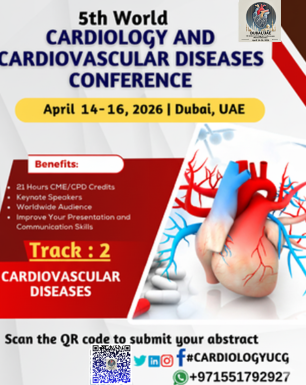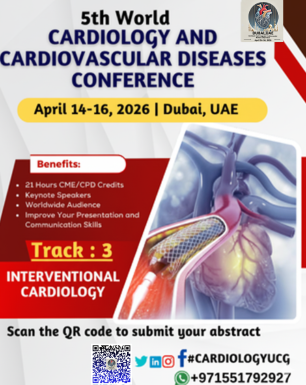



Sub Topics: Coronary Artery Disease, ...


Biomarkers in cardiovascular medicine have revolutionized the diagnosis, risk stratification, and management of heart-related diseases. These biological indicators—measurable substances in blood or tissue—reflect normal or pathogenic processes or pharmacologic responses to a therapeutic intervention. From early detection of myocardial infarction to assessing heart failure prognosis, biomarkers play a pivotal role in modern cardiology. With advances in molecular biology and genomics, the field has rapidly expanded beyond traditional markers like troponins and natriuretic peptides to include novel markers related to inflammation, thrombosis, oxidative stress, and endothelial dysfunction.
Definition & Significance
Cardiovascular biomarkers are measurable indicators of cardiac function or disease processes.
They support early diagnosis, guide therapy, and predict outcomes.
Traditional Biomarkers
Troponins (cTnI, cTnT): Gold standard for diagnosing acute myocardial infarction.
B-type Natriuretic Peptide (BNP) and NT-proBNP: Key markers in heart failure management.
Emerging Biomarkers
High-sensitivity CRP (hs-CRP): Marker of inflammation, associated with atherosclerosis.
ST2 and Galectin-3: Indicators of myocardial stress and fibrosis in heart failure.
MicroRNAs (miRNAs): Promising for diagnosis, prognosis, and treatment response.
Clinical Applications
Risk Stratification: Identifying high-risk individuals before clinical disease manifests.
Therapeutic Monitoring: Evaluating treatment efficacy (e.g., statin response).
Prognosis: Predicting survival or likelihood of recurrence post-cardiac events.
Future Directions
Personalized medicine through biomarker-guided therapy.
Integration with AI and big data to enhance predictive models.